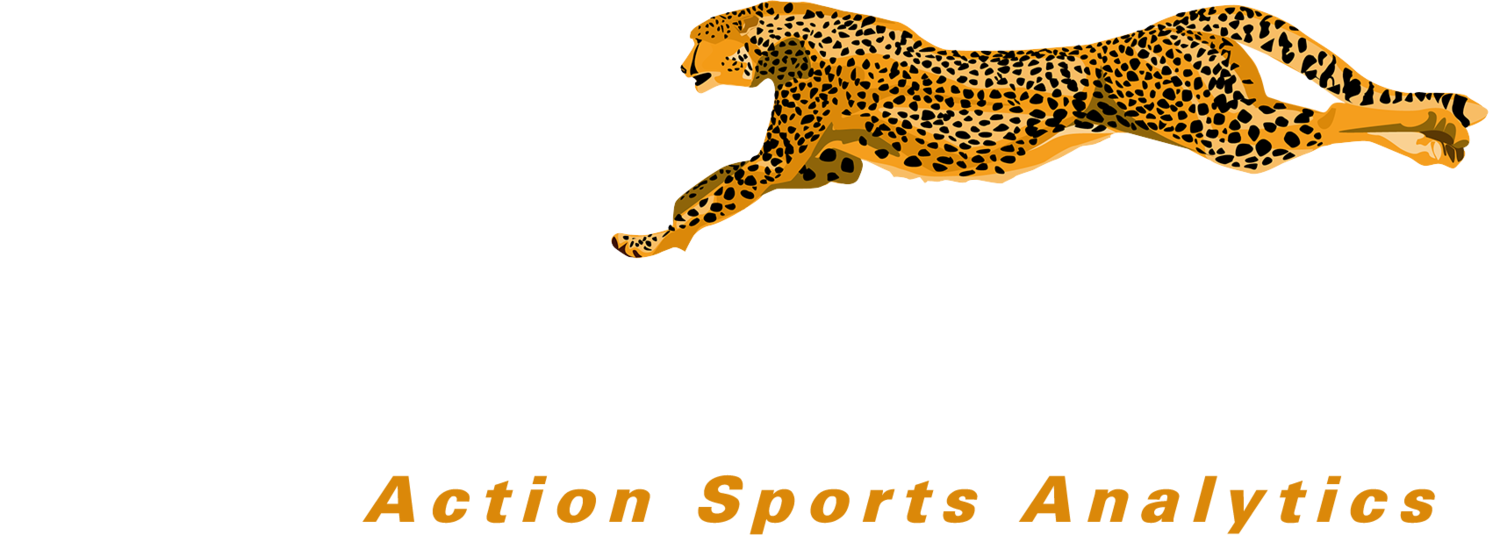
Apex146 Ltd.
Where Artificial Intelligence Meets Sports
Our mission is to enhance the action sports experience for global audiences and further promote our sports popularity by providing cutting edge analysis and technologies.
Apex146 offers analytical and technical resources supporting the action sports industry. A proprietary athlete performance indexing platform sits at the core of everything we produce from AI driven content to event simulations and in-depth athlete statistics, all of which are being distributed globally through Stats Perform. Apex146’s partnership with AWS has unlocked an efficient and scalable architecture that delivers against market demands.

How We Got Here
Initially started as a student internship program at the University of California Santa Barbara, Apex146 was created to study the MotoGP™ series based on the “moneyball” theory, a methodology initially developed in baseball.
It began as a collaboration between a road racing coach and a geography student, each bringing unique insight to this “passion project.” The intern then became the first employee as the student program rapidly grew from Santa Barbara to other universities. An interdisciplinary team was developed from talent stemming in statistics, engineering, physics, geography, computer science and of course, expert athletes.
Over several race seasons, the action sports analytics business continued to evolve and a unique set of supplementary assets were developed to enhance and support the application and delivery of the proprietary platform. The Apex146 team currently covers Formula 1, MotoGP™, MXGP, Downhill Mountain Biking, Grand Tour Cycling and World Cup Skiing. While timing-based sports are the foundation of technical development, the machine learning and AI models are also highly applicable to the more traditional stick and ball sports in which transponders are used to monitor movement and position.
Platform Pillars
1. Raw Data Ingestion and Performance Index Design
2. Performance Indexing Through Machine Learning
3. Race Modeling Through High Frequency Race Simulations
4. Telling The Story Through Gen AI
